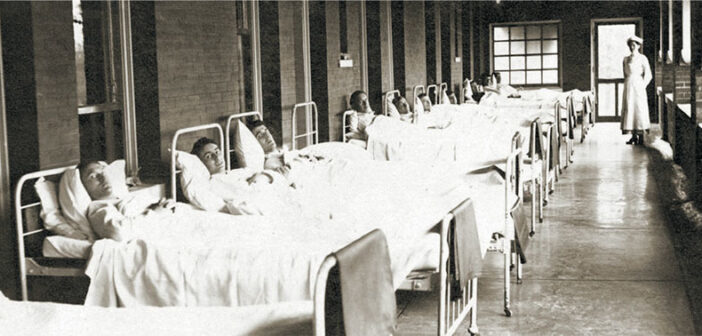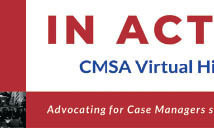
I was born and raised in New York City. More importantly, I graduated from the first school of nursing founded on the Nightingale Plan in the United States: Bellevue School of Nursing. My memories include floors filled with metal beds lining the walls of nursing units, ten in a row, with the sickest of patients at the head of the rows. We did not have well-established intensive care units for them, nor the staff to care for them. The pictures in old textbooks accurately reflect the status of the times. I came out of that program with experiences I knew I would never see again, believing I could probably handle most any nursing care needs I might face in my clinical career.
As I reflect on the circumstances we face now, I wonder about my arrogance, but also at the images I see now. The opportunities I saw as I moved into the future appeared so promising. Science and technology have exploded, the metal beds have disappeared and so have diploma programs. Despite these advances, the COVID-19 pandemic has taken the healthcare system to a near-breaking point.
If ever there were a time for experienced care coordinators, it is now. I see those tents and temporary hospital beds in New York City, my hometown, and wonder how those patients will find the resources to maintain their health once they return home. Many of them have not had to find options for home care, medications, meals or financial support prior to this pandemic. Some may not have a place to stay, except the streets.
Successfully transitioning patients during this critical time, whether or not they have COVID-19, will be vital to dampening the curve of the virus. Care coordinators must own this leadership role. Their knowledge of the social determinants of health, system resources and access points for care and support exceed other healthcare professionals who must assume other roles in this national emergency. Whether in the heart of New York City or the heartland, care coordinators differentiate themselves in the roles they assume, through advocacy for patients/clients and families, as well as planning, implementing and evaluating their needs. In this way, patients/clients can achieve the outcomes they desire during this very difficult time, when the healthcare system is further stressed and resources are scarce.
REFERENCE
Standards of Practice for Case Management. (2016).




